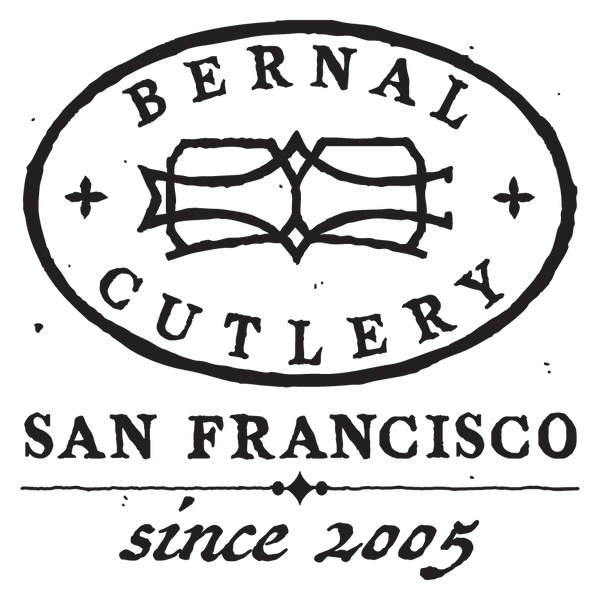-
Kitchen Knives
-
Bernal Cutlery House & Collaborations
- Greenfield Series
- Bernal Cutlery Black Label
- INVICTUS - K Sabatier | Butcher's Guide
- Nouvel Ideal - K Sabatier
- GS+ Ko Sabaki - Konosuke
- Small Chef - Rolin Knives
- Stainless Clad - Tosa Tadayoshi
- Knife Rolls - ILE
- Pizza Cutter - F+W | Prince
- Sakai Style - Blenheim Forge
- Sori Series - Sakai Kikumori
- Kurouchi - Nakagawa | Sakai Kikumori
- Shop by Use
- Shop by Shape
- Shop by Category
-
Shop by Maker
- Ashi Hamono
- Astral Works
- Au Nain
- Au Sabot
- AZ Knives
- Bernal Cutlery Manufactory
- Blenheim Forge
- Chazeau Honore
- Eichenlaub
- Florentine Kitchen Knives
- Friedr. Herder
- Gihei Knives
- Goyon-Chazaeu
- HADO
- Hatsukokoro
- Hitohira
- J Adams
- John Nowill & Sons
- K Sabatier
- Kaji Bei
- Kanehide
- Kenji Togashi
- Kogetsu
- Konosuke
- MAC Knife
- Masakane
- Morihei
- Mutsumi Hinoura
- Myojin Naohito
- Néron
- Naozumi
- Nigara Hamono
- Pallares
- Roland Lannier
- Rolin Knives
- Sakai Kikumori
- Satoshi Nakagawa
- Seki Kanetsugu
- Tagai Sanjo
- Tanabe Tatara
- Tosa Tadayoshi
- Tosa Tsukasa
- Tsukasa Hinoura
- Wakui
- Yoshikane
- Knife Storage
- Sayas & Guards
- Knife Care
- Trade In
- Bargain Bin
-
Bernal Cutlery House & Collaborations
- Knives & Tools
- Sharpening
-
Kitchen Tools
-
Shop by Brand
- Ambrogio Sanelli
- Andre Verdier
- Ateco
- Au Nain
- Chefs Press
- Due Buoi
- Dexter Russell
- F. Dick
- Geo Yukio Hattori
- Gestura
- Hardmill
- Hitohira
- Inside Line Equipment (ILE)
- Jones Cutting Boards
- Kagetsu Donabe
- KYOTOH Donabe
- Kuramoto
- Lancaster
- Lundy Way
- MAC Knife
- Made In
- Netherton Foundry
- Noda Horo
- Nordic Ware
- Pallares
- Peugeot
- Prince
- Silky
- SILPAT
- Shop by Use
- Cookware by Material
- Cookware by Type
- Prep Tools
- Cutting Boards
- Utensils
- House & Kitchen Scissors
- Softgoods
- Chef's Press
- Cleaning Supplies
-
Shop by Brand
- Tableware
- Vintage
- Pantry
- Books & Gifts
- Services & Info
or
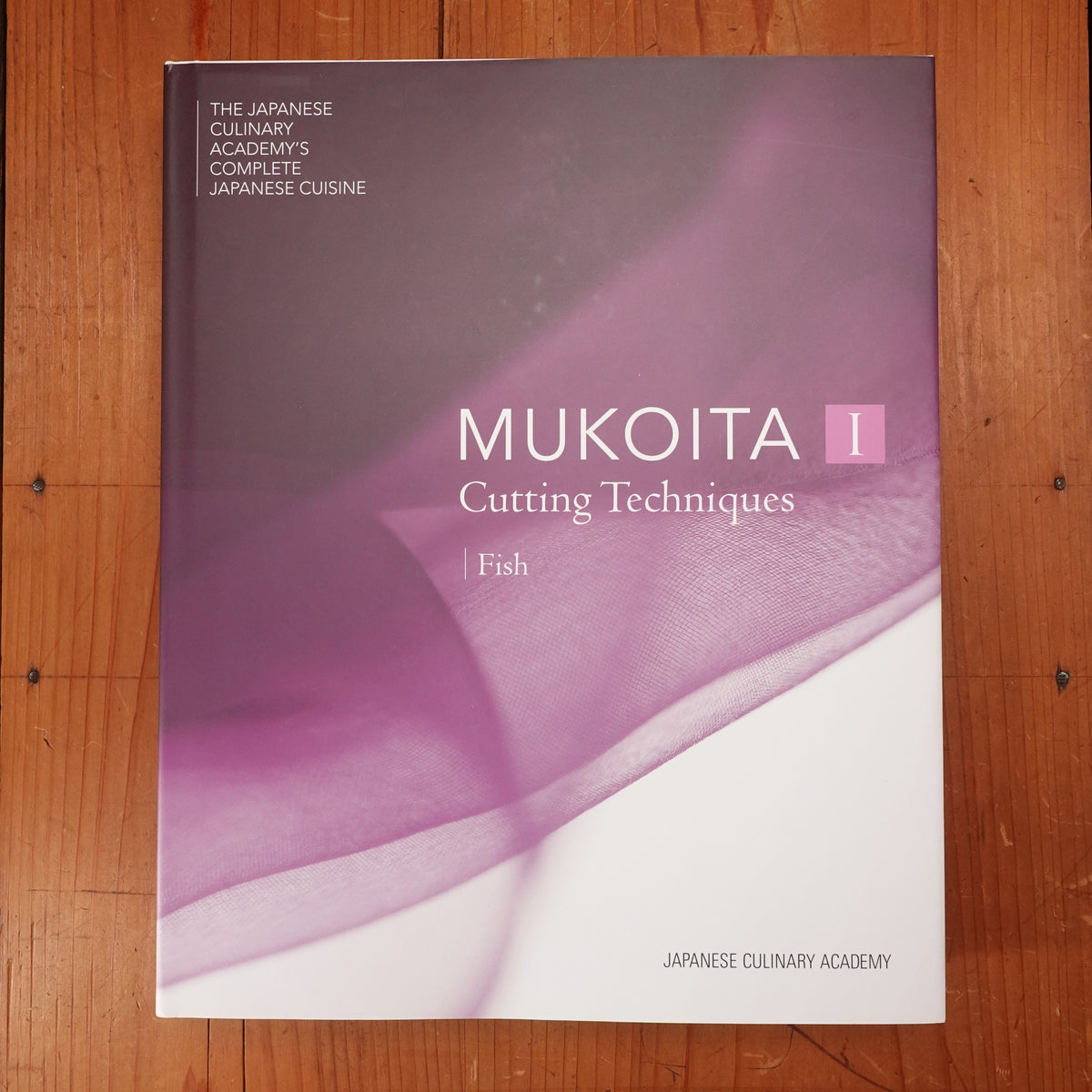
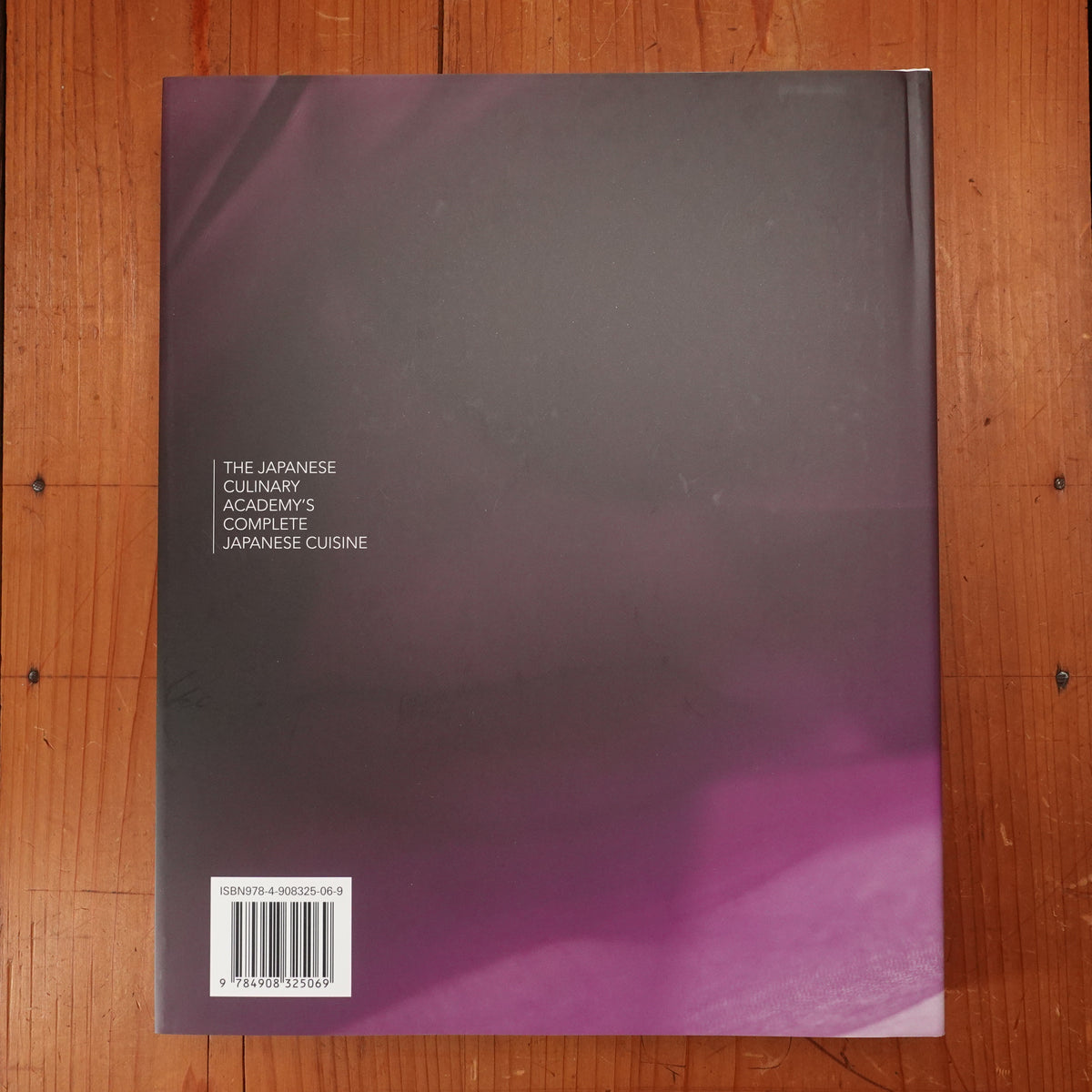
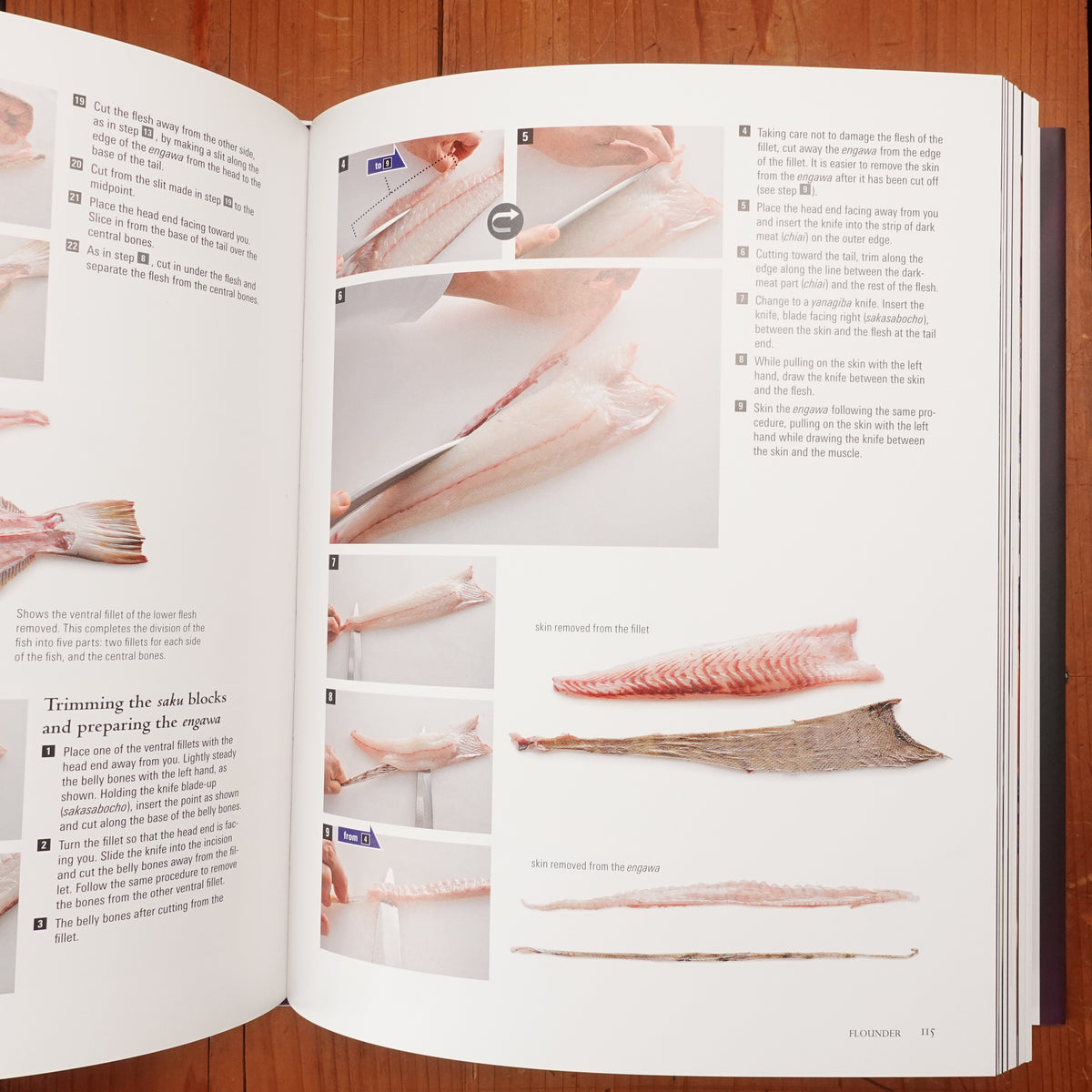
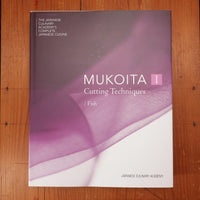
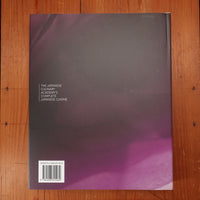
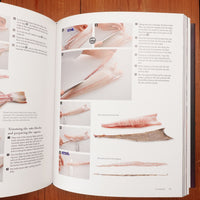
The Japanese Culinary Academy MUKOITA I, Cutting Techniques: Fish
-
Regular Price
-
€102,63
-
Sale Price
-
€102,63
-
Regular Price
-
Sale
Sold Out
-
Unit Price
- /per
- Regular Price
- €102,63
- Sale Price
- €102,63
- Regular Price
- Unit Price
- /per
Interest in Japanese food in North America has grown exponentially in the last fifteen years, moving well beyond sushi and sashimi. More and more people now appreciate the variety and complex tastes and textures of Japanese food, as well as its emphasis on fresh, seasonal ingredients, and presentation. Words like "dashi" and "umami" are part of our vocabulary.
Along with this interest has come an abundance of Japanese cookbooks, most often with a focus on ease of preparation, and recipes that accommodate local tastes and ingredients. However, professional chefs, who are increasingly acknowledging the influence of Japanese cooking on their own work, are looking for expert information about authentic, traditional cuisine. "The Japanese Culinary Academy's Complete Japanese Cuisine" series meets this demand.
MUKOITA I, CUTTING TECHNIQUES: FISH is the third in this multi-volume series. Created by the renowned Japanese Culinary Academy, an organization dedicated to advancing Japanese cuisine throughout the world, the series is authoritative, comprehensive, and wide-ranging in scope. The writing, design and photography of each volume meet the highest standards. And although the books are targeted primarily to a professional readership, serous amateur chefs will also find them to be an invaluable resource.
MUKOITA I, CUTTING TECHNIQUES covers all the fundamentals of the subject, providing information that's necessary to understanding the cuisine and its cultural context. The book features an introduction to Japanese cutting techniques including its importance to preparing and serving sashimi, its history, hygiene and regulations for using raw ingredients in Japan, and a discussion of Japanese knives and caring for them. The following chapters cover filleting, with sections on how to fillet many different kinds of fish such as sea bream, yellowtail, salmon, flounder and tuna, along with recipes for each variety. At the end of the book is information about Japanese kitchen utensils as well as basic recipes and a glossary.
Brand: The Japanese Culinary Academy 日本料理アカデミー
Product Type: Cooking/ Food Books
Size: 267 x 320 x 30mm
Weight: 1251g
About Bernal Cutlery
We are a full-service cutlery shop offering sharpening services, Japanese and Western culinary knives, vintage knives, outdoor, pocket and craft knives, cooking tools and accessories. We also offer knife skills and sharpening classes, and more.
We are proud to serve kitchen professionals, knife enthusiasts and home cooks alike. Located in the Mission District of San Francisco, California.
766 Valencia Street, SF, CA 94110
1 Ferry Building, Ste. 26, SF, CA 94110
